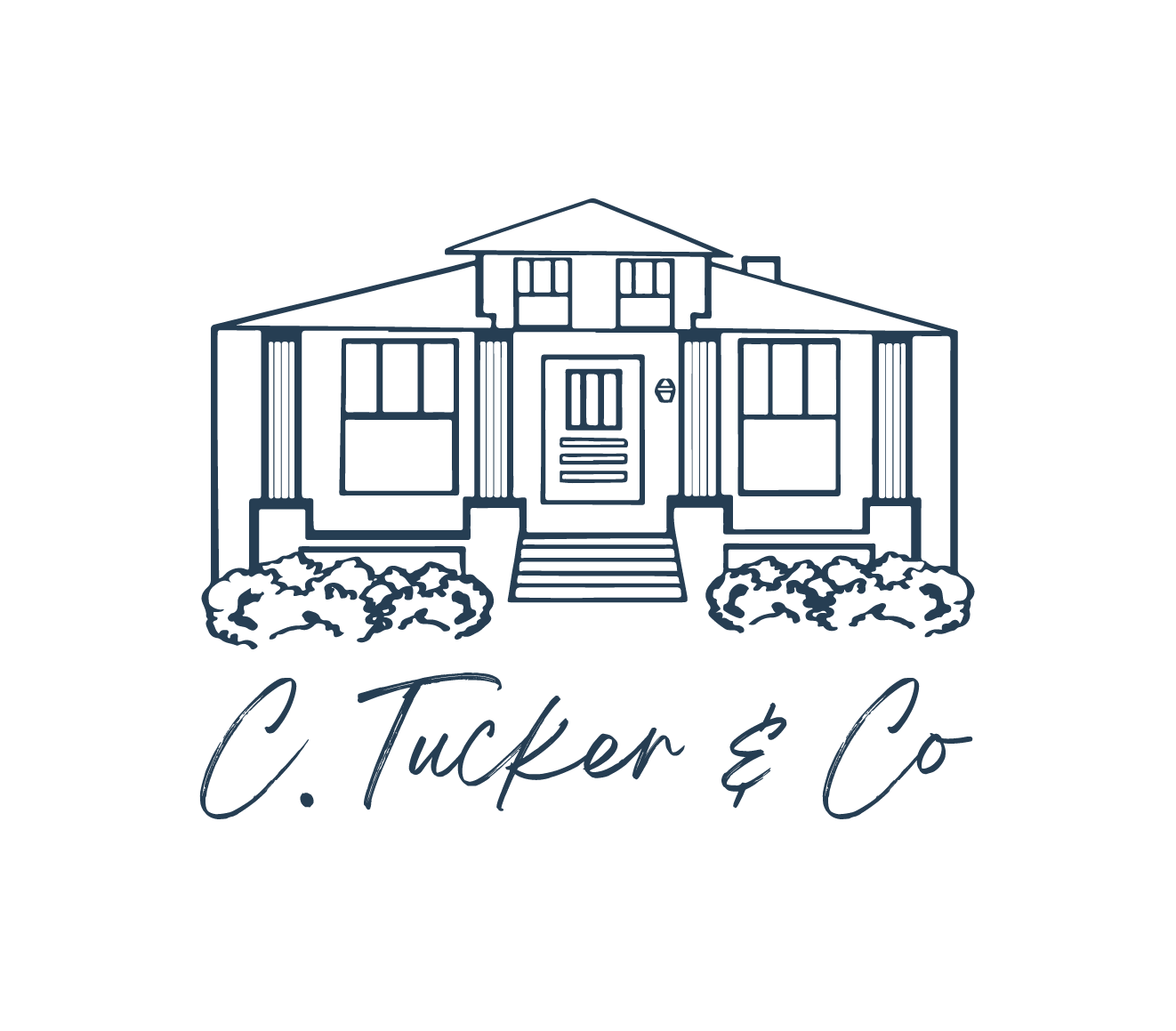All About Escrow Accounts
Escrow Accounts - What they are and why You Need to think about them
In today’s economy, where going to grab lunch seems to cost what a birthday dinner used to be, most of us are more aware of our monthly budget than ever. We feel like our mortgage amount is a fixed expense we can count on. But, even with a fixed interest rate, your monthly mortgage bill can go up and sometimes it can feel significant. Even though there isn’t a way to stop this from happening, knowing why can help you plan.
WHAT IS AN ESCROW ACCOUNT?
Anyone who has a mortgage on a home has an escrow account that will cover your homeowner’s insurance and property taxes. Lenders need to make sure that your home is insured and that there aren’t any tax liens on the property to protect their investment. It’s also convenient for a homeowner to pay one payment a month instead of getting a large tax bill and insurance bill once a year. So, if you have a mortgage for $1800 a month, maybe $350 of that is actually covering your taxes and insurance in your escrow account.
ESCROW ACCOUNT AT CLOSING
When you get your loan, at closing you pay a percentage of these costs to get your escrow account started. On the closing statement these are called “impounds” (just to make things more confusing). As I looked through recent closing statements it varies widely what is actually charged at closing. Three to four months of home owners insurance seems standard but the amount of property taxes set aside varied from nine to one month’s worth. There are also laws dictating how much money can be in the escrow account so you will see often “an aggregate adjustment” giving you a credit on the closing statement. Most importantly, property taxes are based on what the current seller is paying.
WHAT CAN YOU CONTROL IN YOUR ESCROW ACCOUNT?
Of these escrow costs, you have some control over your insurance cost and very little control over you taxes. You get to chose what your deductible is and what company you go with for insurance (my one opinion on this is to NOT use Allstate - reach out to me if you want to know why). For property taxes, other than registering for homestead exemption, there isn’t a lot you can do*. Property taxes almost always go up when someone buys a home in this market of rapidly increasing prices. Often property taxes are based on the most recent sale price, going up only a little over time.
Once a year the mortgage company is allowed to reassess the escrow account. If the tax bill is more than what they have been saving for, then the mortgage company will send you a statement with two options. One is that you can pay the difference in one payment and then your monthly payment will go up a little to cover the difference for next year. The default option, if you don’t reply with a big check, is that the monthly payment will go up by the divided amount of the overage plus the amount they anticipate going forward. For easy math’s sake, let’s say your tax bill was $1200 more for the year than the previous owner. If you don’t pay the $1200, the mortgage company will divide that by 12 ($100 more a month) plus add in another $100 a month to cover the upcoming tax bill. Your monthly mortgage would then go up by $200 a month.
The above example to a lesser degree is going to happen to almost all of us. There are two circumstances though that can really rock your budget: buying a brand new build or buying a home from a retiree that has been in the home for decades.
BUYING A NEW BUILD
When you buy a new build, the builder has only been paying taxes on the value of the land which is significantly less than the taxes on a home on that land. I recently had a client that not only had this large difference computed by the tax office but because of a mistake on the mortgage companies part, they didn’t do the adjustment until my clients had been in the home for over a year. They got a bill for $10,000!! Most of us don’t have that sitting in the bank. Most of us also don’t have an extra $1000 a month to pay towards our mortgage each month.
BUYING A HOME FROM A RETIREE
My son is about to buy his first home. It’s a 1980’s home that has had only one owner and the current taxes are only $400 a year in Clarke County, Georgia! Fortunately, his lender, John Ragland with Supreme Lending, pointed out that this will most likely be much higher moving forward. He needs to budget for about $200 more a month than what the initial escrow account is set up for. Even with adding the additional $200 a month, buying this home is still cheaper than renting an equivalent. But, as a young 20 something not knowing that his bill could go up so much could have been devastating if not planned for.
GAINING SOME CONTROL
Property taxes are inevitable and are what allow us to have roads to drive on, safety services in place, and public education. Knowing that there’s a good chance that your property taxes will go up after you buy a home is essential for planning and budgeting. Ask your lender what they see as the average for your price point of home and start setting that money aside even if your escrow account isn’t yet.
*there is a way to protest your tax bill and sometimes this will lower your bill but that’s a blog for another day.

